ICASA Director speaks at the AIDS 2022: Let’s walk the talk session on Youth Key Populations in Healthcare.
Venue: Global Village/Youth Pavilion AIDS 2022, Montreal, Canada
Session: Let’s walk the talk session on Youth Key Populations in healthcare
Theme: Honey, you have forgotten about young key populations in healthcare settings.
Today 1st of August 2022 in Montreal, I have the honour to address the youth Key population session titled ‘’ Let’s Walk the Talk’’. I crave your indulgence to allow me first to pay tribute to at least three main figures of our fight for Human rights that has made it possible for us to be gathered here today. Some of you might not know them, but please remember that the progress made in the last 40 years is because of some key activists and pioneers who championed this cause. We can’t name them all, however, let us take a minute in tribute to all of them by naming few:The Late Prof Femi Soyinka from Nigeria, the Late Prudence Mabele from South Africa and Late Joel Gustave Nana from Cameroun.
I propose to name these opening remarks in line with the UNAIDS Global Report 2022, “In DANGER’’,
In fact, we are In Danger and in this regard, let me quote the Executive Director of UNAIDS, Winnie Byanyima who remarked that ‘’The latest findings reveal that the response to the AIDS pandemic has been derailed by global crises, from the colliding pandemics of HIV and COVID, to the war in Ukraine and the resulting global economic crisis. Progress has been stalled, inequalities have widened, resources have shrunk, and millions of lives are now at risk.”
But let us be frank and ask ourselves, who are those in real danger? It is us Africans that are in real danger as UNAIDS’ new Global AIDS Update 2022 shows that adolescent girls and young women make up 82% of people newly infected with HIV are in sub-Saharan Africa, and that 70% of new HIV infections in 2021 occurred among key populations,”.
Why are we in danger? It is because in most African countries have discriminatory and punitive laws till date, instead of channelling our energies and resources towards our common enemy HIV, and by getting to zero new HIV infections, zero discrimination and zero AIDS-related deaths.
Why are in real danger? It is because most of our governments in Africa do not value our lives, most of the health systems in our various settings are weak, some do not even exist, the universal health coverage is just slogan without tangible action.
Indeed, we are in great danger when user fees are still a reality for basic tests and viral load testing in some African countries.
The danger is a reality when most of our governments do not prioritize and budget appropriately for the health sector.
Indeed, we will continue to be in danger because most of our politicians, our governments, our traditional and religious leaders are still denying that Men have sex with men, women have sex with women, transgender are not in our setting, which is not true. The truth is that they are, and we need to give them their right to health and human dignity unconditionally, unless we address those issues holistically, we will remain in Danger. Governments must address the inequalities among these populations in order to address the real danger that we are facing.
Finally, I will conclude by saying that today we now have a wide range of prevention tools and methods to enable us to achieve zero new infections and zero AIDS-related deaths although some are still not available to those most in need and in danger. However, the Zero discrimination should be a tangible socio-political and economic agenda for the black community for both Africa, youth of African descent and other marginalized populations across the globe. The youth have the power to change this trend by adopting the right behaviours and by voicing out your daily challenges when confronted with your right to health care.
Thank you, Merci.


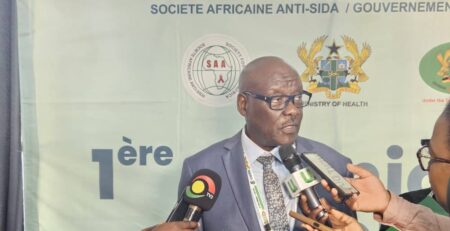
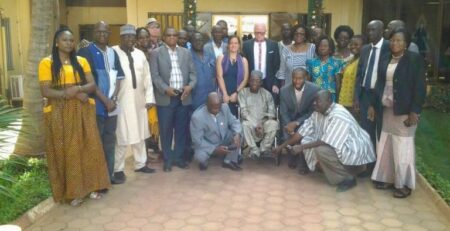
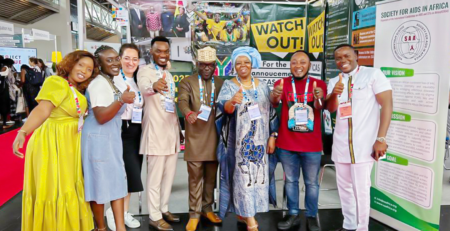
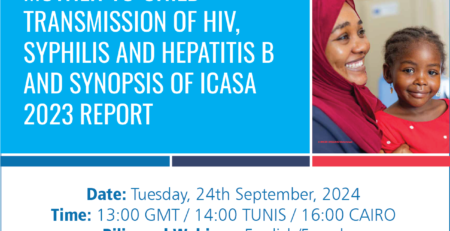

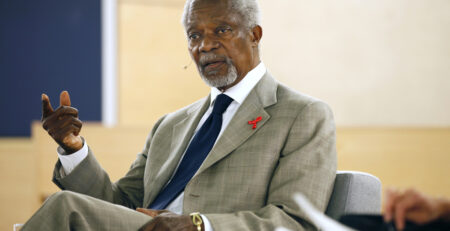
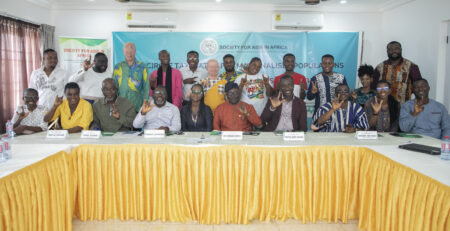
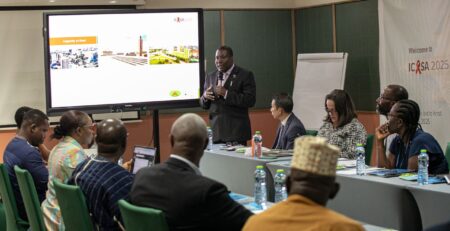
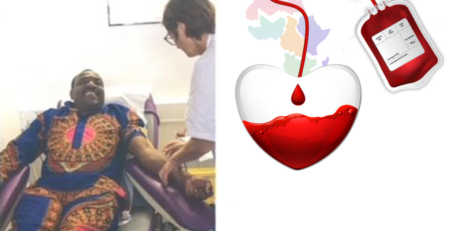
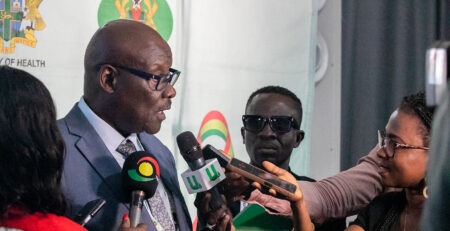
Leave a Reply